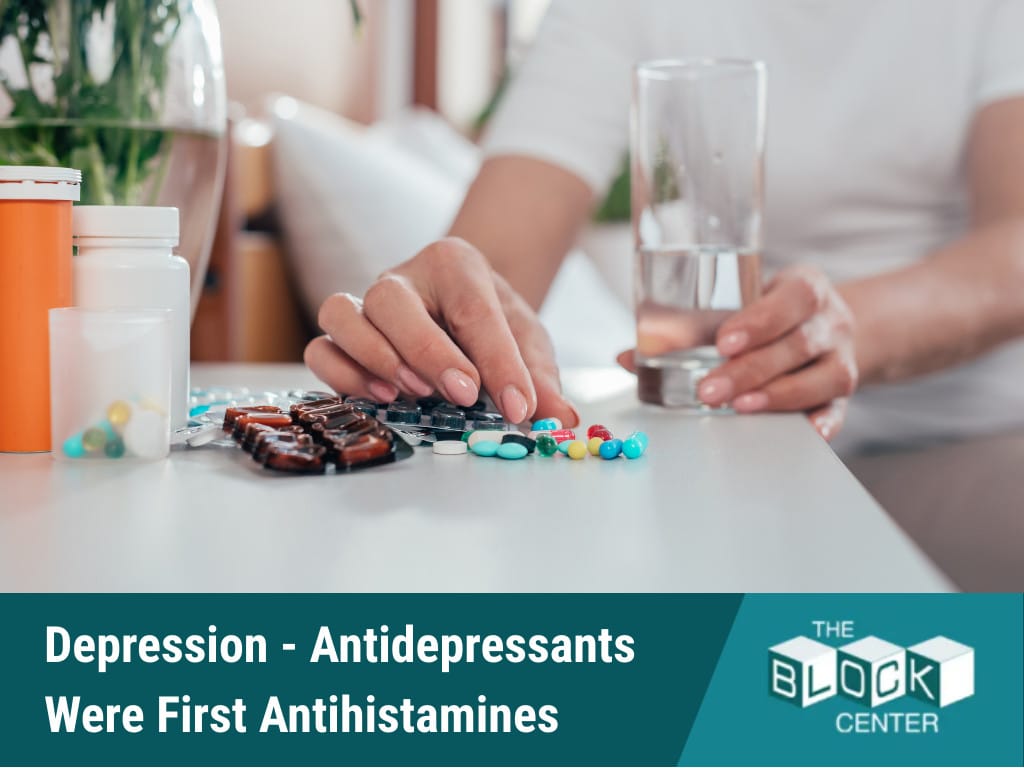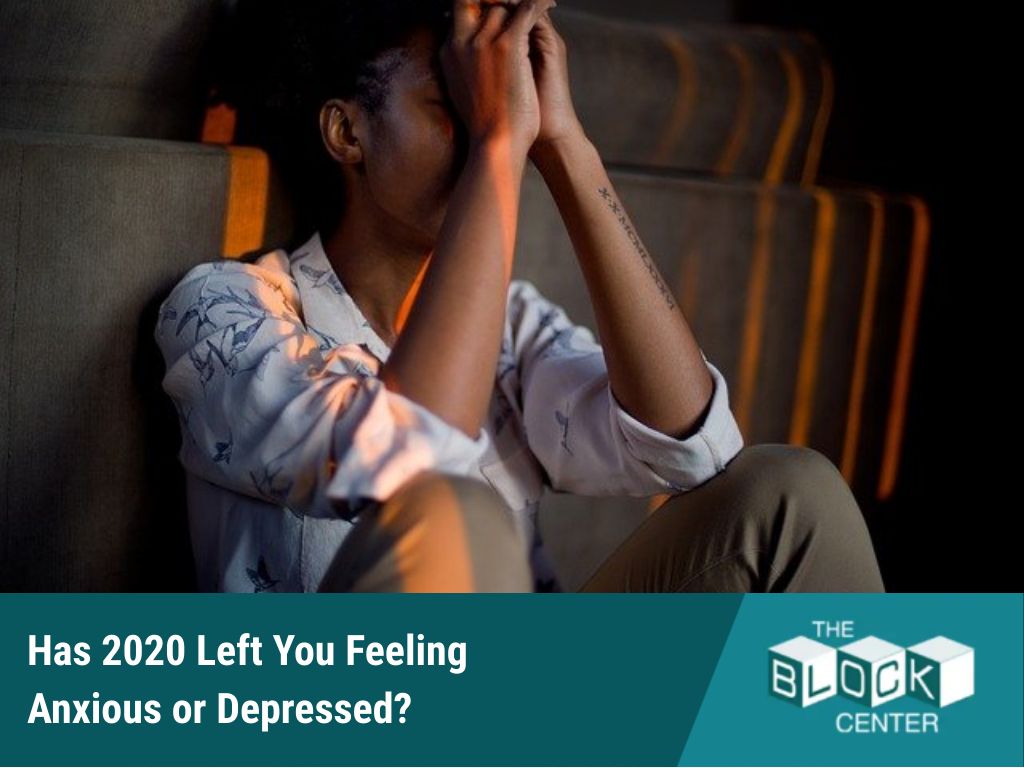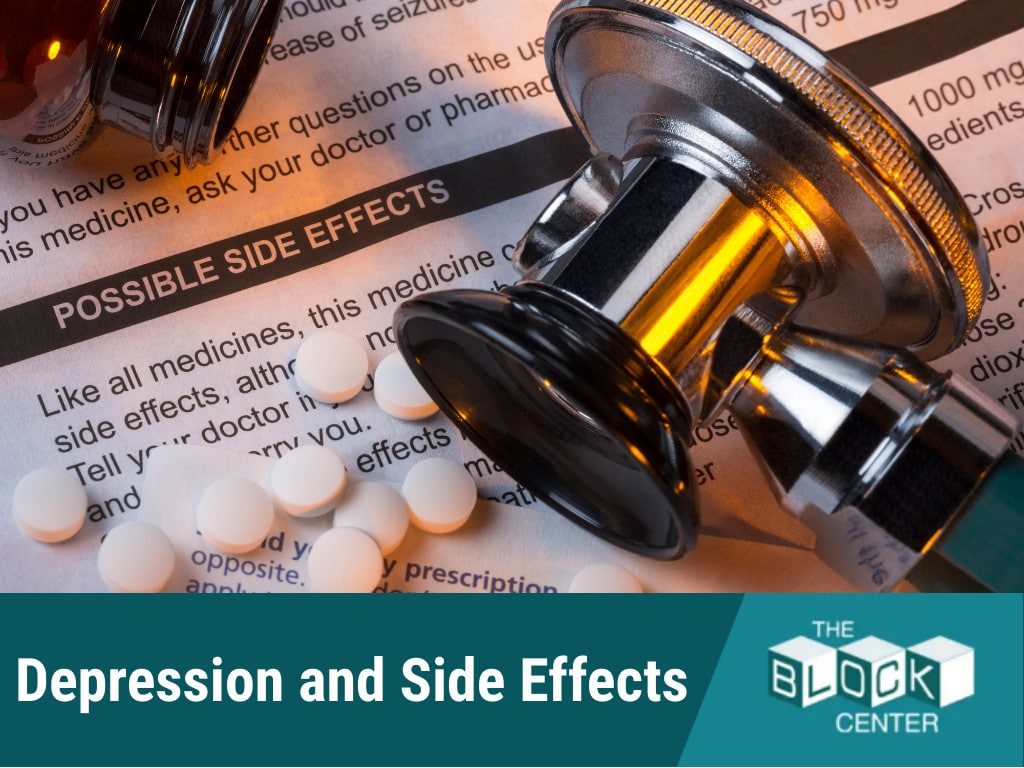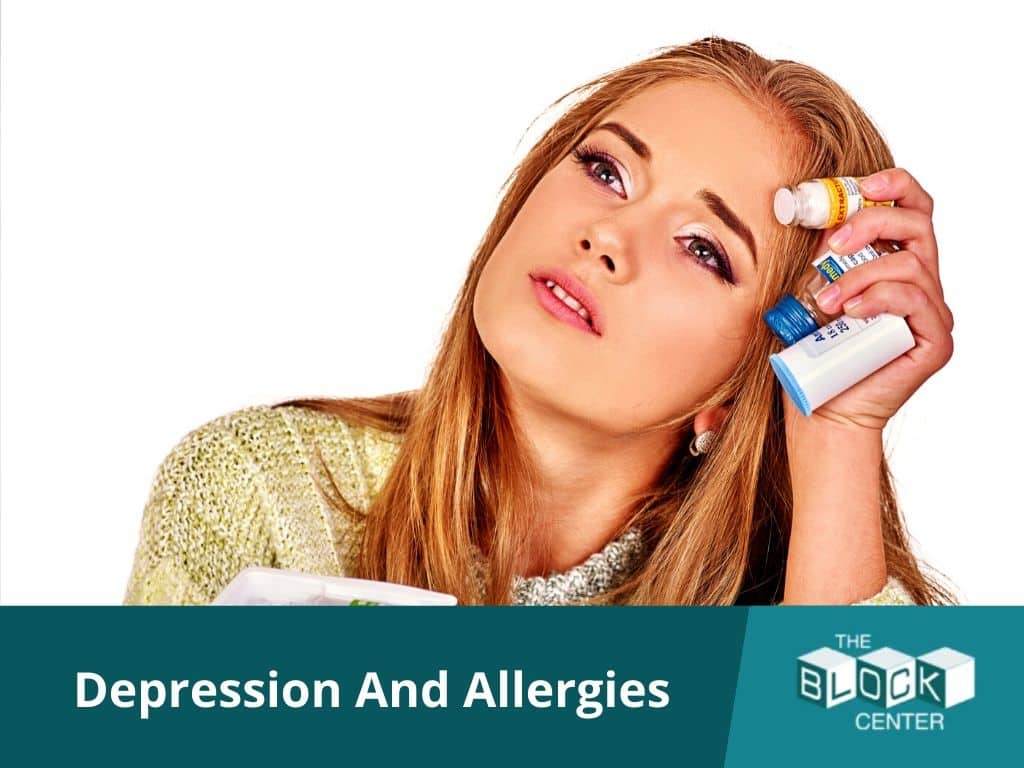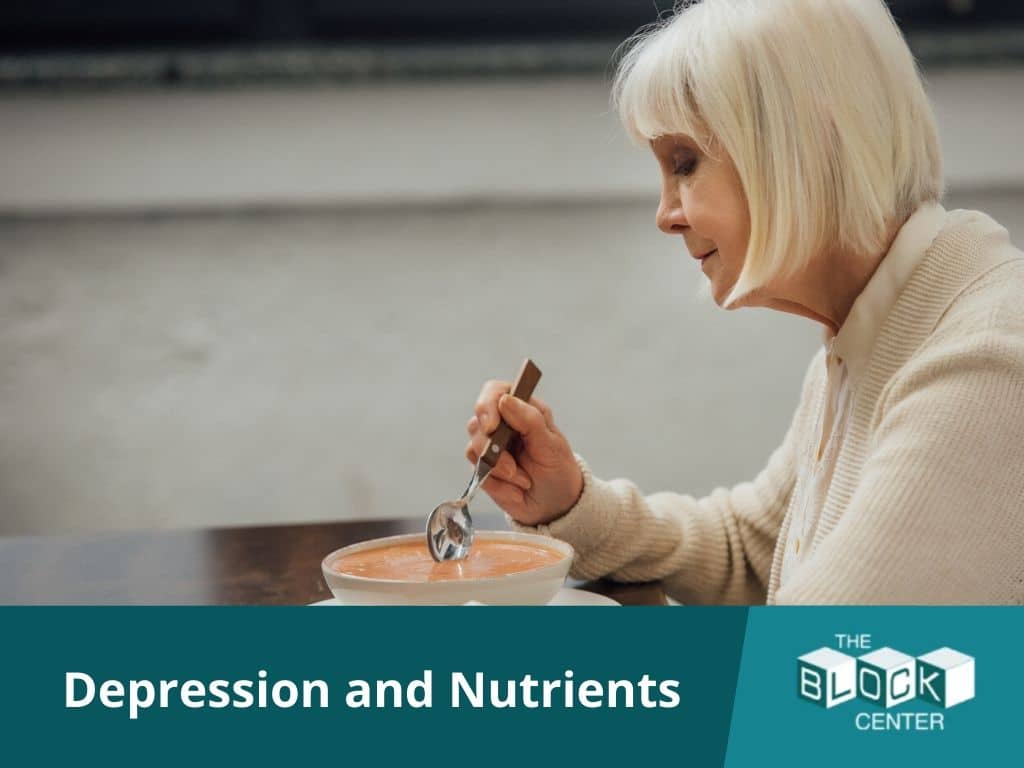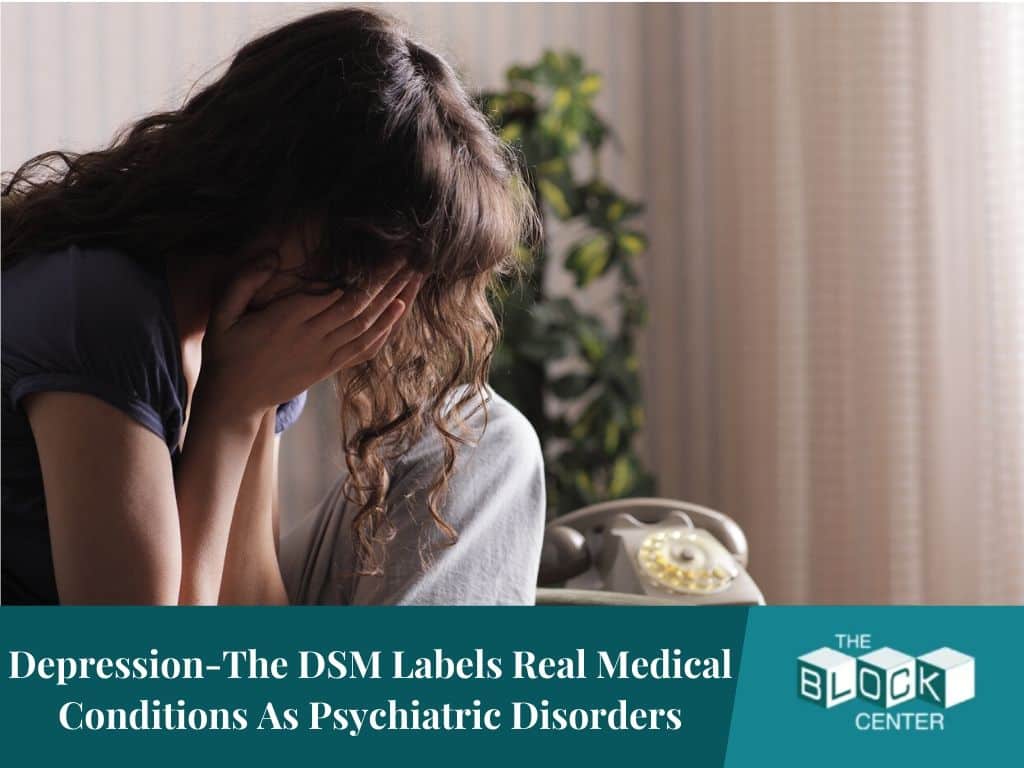Depression – Antidepressants Were First Antihistamines
The first antidepressants produced were actually formulated from antihistamines. That should be a big clue that there is a real association between the two problems. These antidepressants are the tricyclic antidepressants, such as Tofranil (Imipramine), Norpramin, Anafranil, Elavil, Pamelor, Sinequan, and Surmontil. Tricyclic antidepressants are potent antihistamines and this may actually explain why they are so effective as antidepressants. (Richarelson, E.; Pharmacology of antidepressants in use in the United States; J Clin. Psychiatry; 43:4, 1982).
When we look at the association in the medical literature, it becomes obvious to me that allergies underlie many if not most depressed symptoms:
- In 275 patients, their emotional symptoms, such as depression and anxiety improved when bread, sugar, caffeine, and chocolate were eliminated. (“Atopy: The Incidence in Chronic Recurrent Maladies,” Borok, G., et al, XVI European Congress of Allergy and Clinical Immunology, June 24-25, 1995. )
- Over 70% of patients diagnosed with depression had a history of allergy. (Bell IR, Jasnoski ML, Kagan J, King DS. Depression and allergies: a survey of a nonclinical population. Psychother Psychosom 1991;55(1):24-31.)
- Researchers found a high number of positive IgE antibody tests, which indicate allergies, in depressed individuals. Mold and egg whites were the most often occurring. (Sugerman AA, Southern DL, Curran JF. A study of antibody levels in alcoholic, depressive and schizophrenic patients. Ann Allergy 1982;48(3):166-171.)
- Children with severe allergies are more likely to be depressed than children who don’t have allergies. (British Journal of Child Psychology and Psychiatry)
- Patients with clinical depression have higher rates of allergies than those who are not depressed. (Journal Watch Psychiatry September 18, 2002 )
- Foods have been shown to cause a number of mental and behavioral symptoms through different mechanisms including cerebral allergy, food addiction, hypoglycemia, caffeinism, hypersensitivity to food additives, reactions to vasoactive amines in food and reactions to neuropeptides formed from foods. (Rippere V. Some varieties of food intolerance in psychiatric patients: An overview. Nutr. Health 3 (3):125-36, 1984).
- In another study, 33% of depressed people had allergies and only 2% of controls were allergic. (Nasr S, et al, Concordance of atopic and affective disorders. J. Affective Disorders. 3:291, 1981)
In yet another study, 85% of depressed children and adults had allergies. (Ossofsky, HJ; Affective and atopic disorders and cyclic AMP, Compr Psychiatry, 17:335, 1976.)
If you or your child is already taking a psychiatric drug, do not stop it abruptly. Always discontinue it slowly and under a Doctor’s supervision.




